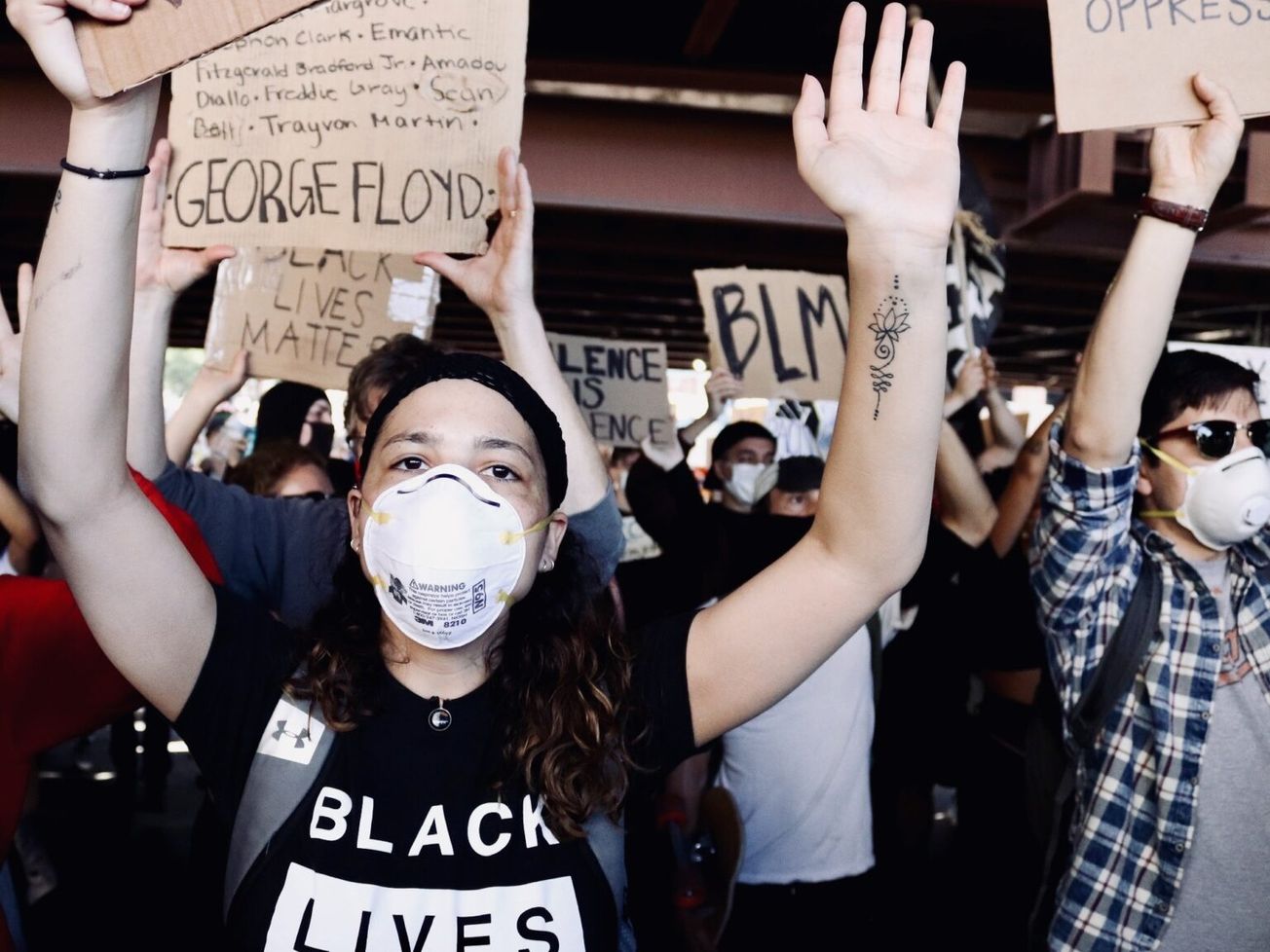GENEVA (AN) — The U.N. Human Rights Council approved a resolution on Friday calling for a report on systemic racism and police brutality against Black people in the wake of protests over George Floyd's killing by police.
A request from the 47-nation council's African Group led to the resolution's approval by consensus. The council condemned the police brutality that led to the killing of Floyd, a Black man, by a White police officer and commissioned a report from the United Nations' human rights chief and outside experts.









